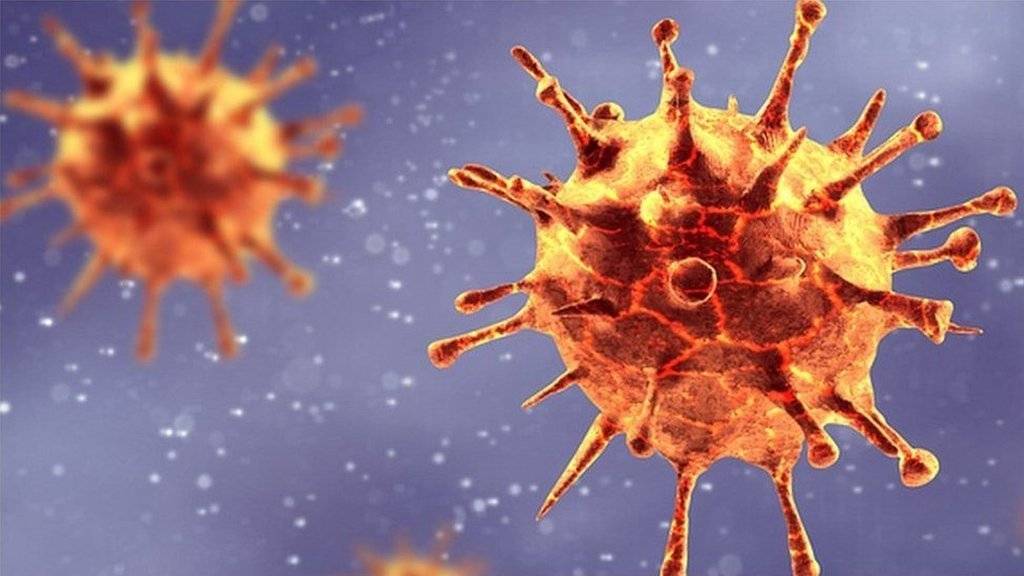A non-communicable disease is a disease that is not transmissible directly from one person to another. Non-communicable diseases include heart diseases, cancers, diabetes, chronic kidney disease, osteoarthritis, osteoporosis, Alzheimer’s disease, and others. 41 million people died each year because of non-communicable diseases, equivalent to 71% of all deaths globally.

1. What does it mean to have one of these diseases or several?
These are illnesses that have long-term health consequences and often require long-term care and treatment. These patients need blood tests among other studies, and periodic follow-up visits to prevent complications. On the other hand, patients with diseases such as high blood pressure, heart diseases, diabetes, chronic kidney disease, cancer, among others, have a higher risk of complications and death than healthy people.
2. What effect has Covid 19 had on patients living with these diseases?
COVID-19 is causing significant impacts on health services for non-communicable diseases. In my opinion, this pandemic has affected and continues to affect these patients in two directions:
First – People living with non-communicable diseases are at higher risk of severe COVID-19-related illness and death. The fatality due to covid increases several times in patients with a history of high blood pressure, diabetes mellitus, and cardiovascular disease.
Second – Prevention, diagnosis, treatment, and rehabilitation services have been severely disrupted since the COVID-19 pandemic began. Outpatient consultations and hospitalizations have been reduced considerably, at the same time patients arrive at the hospital late and in worse conditions. For instance, therapeutic interventions have been reduced in patients with myocardial infarction or acute cardiac ischemia, that is, many patients are presenting these situations at home without receiving proper treatment
3. What can we do to solve this problem?
We still do not know how long it will take the world to control this pandemic, at the same time we must learn the lessons that this pandemic is leaving us and gain experiences in the future.
I have two messages in this regard, one addressed to patients and their families and the other addressed to health services.
To the patients and his family:
- Should never stop the treatment
- Should insist on a healthy diet.
- Perform physical activities, at least 150 minutes per week
- Avoid toxic habits such as alcohol and smoke.
- Measure blood pressure frequently, even in the supposedly healthy family.
- Periodically check blood glucose in diabetic patients.
- Attend follow-up consultations in the hospital maintaining precautions to avoid being infected with covid-19
For health institutions:
- Create comfortable and safe environments for patients to attend their follow-ups.
- Promote consultation initiatives via the internet, individualizing each case.
- Guarantee protection measures for medical personnel and the family.
Conclusions:
Not only the covid is the problem, parallel to this situation many lives can be saved, even more than the deaths caused by the covid. For them, it is necessary to provide clear and precise information to the family that allows comprehensive care for the entire population.
DR. PITER MARTINEZ BENITEZ
1. WHO Director-General’s opening remarks at the media briefing on COVID-19 – 28 May 2021. https://www.who.int/director-general/speeches/detail/director-general-s-opening-remarks-at-the-media-briefing-on-covid-19-28-may-2021
2. Adrian P. Banning, Manel Sabate, Marco Valgimigli, The impact of the COVID-19 pandemic upon patients, staff, and on the future practices of percutaneous coronary intervention, European Heart Journal Supplements, Volume 22, Issue Supplement_P, December 2020, Pages P13–P18, https://doi.org/10.1093/eurheartj/suaa171
3. Patel VB, Zhong JC, Grant MB, Oudit GY. Role of the ACE2/Angiotensin 1-7 Axis of the Renin-Angiotensin System in Heart Failure. Circ Res. 2016 Apr 15;118(8):1313-26. DOI: 10.1161/CIRCRESAHA.116.307708. PMID: 27081112; PMCID: PMC4939482.
4. Wu Z, McGoogan JM. Characteristics of and Important Lessons From the Coronavirus Disease 2019 (COVID-19) Outbreak in China: Summary of a Report of 72314 Cases From the Chinese Center for Disease Control and Prevention. JAMA 2020;323(13):1239- 1242. Available from: http://10.1001/jama.2020.2648
5. Prevention and control of non-communicable diseases in the COVID-19 response. Published: May 08, 2020, DOI:https://doi.org/10.1016/S0140-6736(20)31067-9
6. Lippi G, Lavie CJ, Sanchis-Gomar F. Cardiac troponin I in patients with coronavirus disease 2019 (COVID-19): Evidence from a meta-analysis. Prog Cardiovasc Dis 2020. Mar 10. PII: S0033-0620(20)30055-4. Available from: http://10.1016/j.pcad.2020.03.001
7. Ruan Q, Yang K, Wang W, Jiang L, Song J. Clinical predictors of mortality due to COVID-19 based on an analysis of data of 150 patients from Wuhan, China. Intensive Care Med [Internet]. 2020;46(5):846–8. Available from: https://doi.org/10.1007/ s00134-020-05991-x
8. Klok F, Kruip M, van der Meer N, et al. Confirmation of the high cumulative incidence of thrombotic complications in critically ill ICU patients with COVID-19. Thromb Res 2020; S0049-3848(20)30157-2.Photo: Internet








